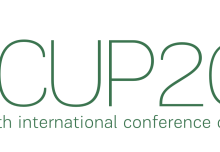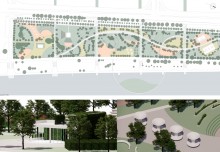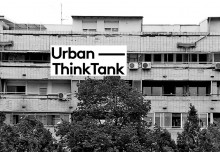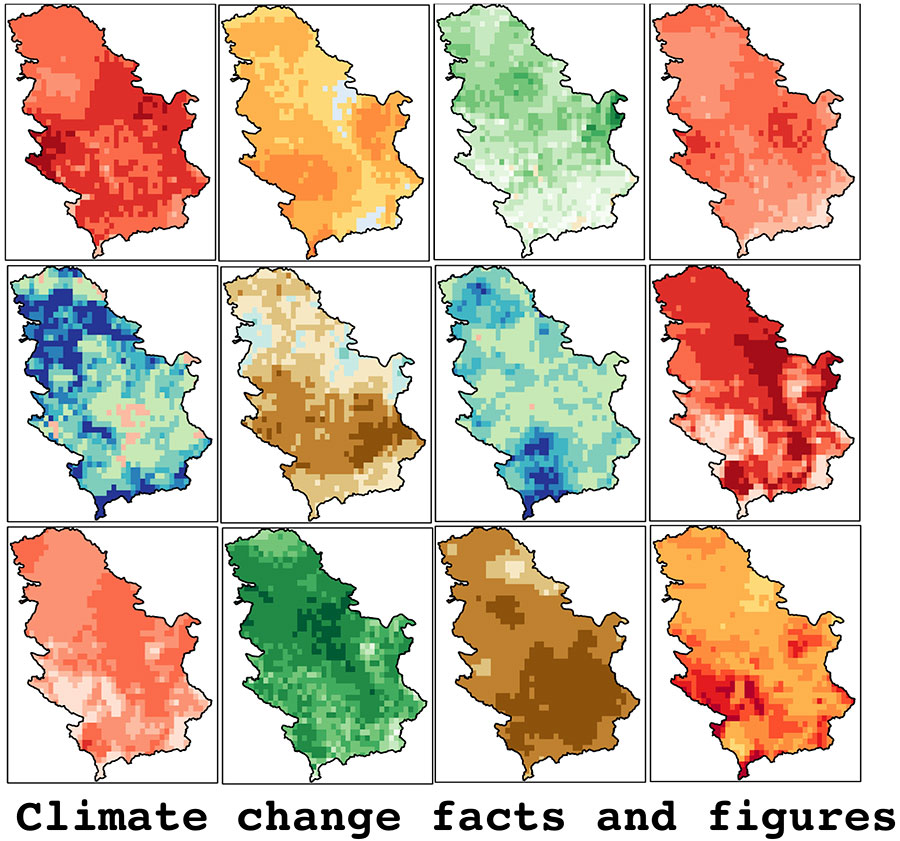
We are pleased to invite you to the guest lecture by Dr. Vladimir Đurđević, associate professor of meteorology at the Faculty of Physics, University of Belgrade, Serbia that will take place on Monday, the March 11th, 2019 at 12.00h, in the room 254 of the Faculty of Architecture in Belgrade.
Dr Vladimir Đurđević is the project manager for the project (1/17): “Regional Climate System Model and Climate Change Projections for Serbia”, which is part of the project “Research on Climate Change and their Impact on the Environment – Monitoring of Impact, Adaptation and Mitigation” financed by Ministry of Education, Science and Technological Development, within the program of integral and interdisciplinary research in the field of environment, together with the project of the Faculty of Architecture: The Impact of Climate Change on the Planning of Urban and Rural Environment (project manager: Dr Vladan Đokić, Nataša Janković – Coordinator).
He is the initiator of the already ongoing collaboration during this semester between the Faculty of Architecture and the Rotterdam University of Applied Sciences – The School of Built Environment at 100 Resilient Cities (project leader: Nataša Janković, Ph.D., Research Fellow at FoA).
This collaboration will result in a workshop at the Faculty of Architecture, while students from elective subject MASA-12040-12 (MASIU-12050-12): Ekopolis: koncepti ekološke otpornosti grada (Dr Ivan Simić, assistant professor) will have the opportunity to work with colleagues from Rotterdam through joint work during the semester. The lecture is mandatory for these students, and it is open for all the others!
The lecture will be held on Monday, March 11th, 2019, in room 254, from noon until 2 p.m.
The official language is English – the lecture will be streaming directly to students and colleagues in Rotterdam. We are glad to invite all interested parties to register their presence by sending their names and surnames, as well as the degree of studies and/or work vocation by sending an e-mail to: natasa.jankovic@arh.bg.ac.rs.
All welcome!
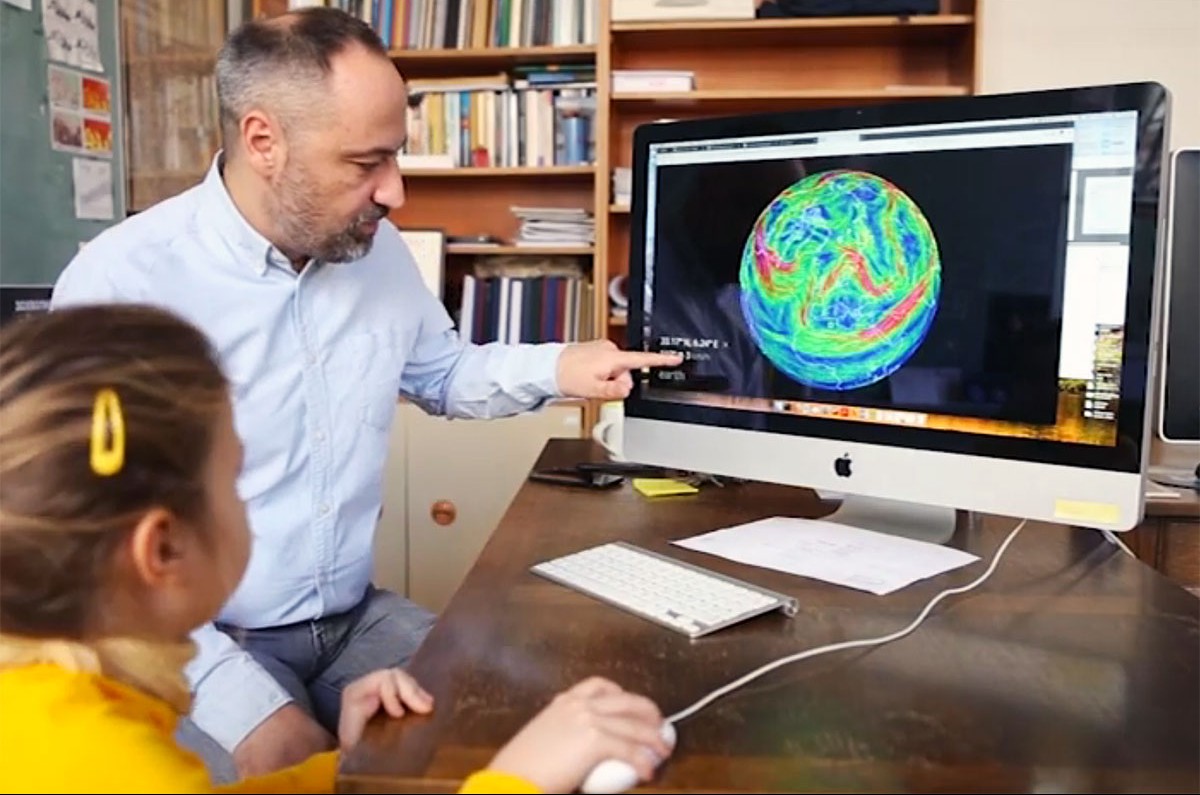
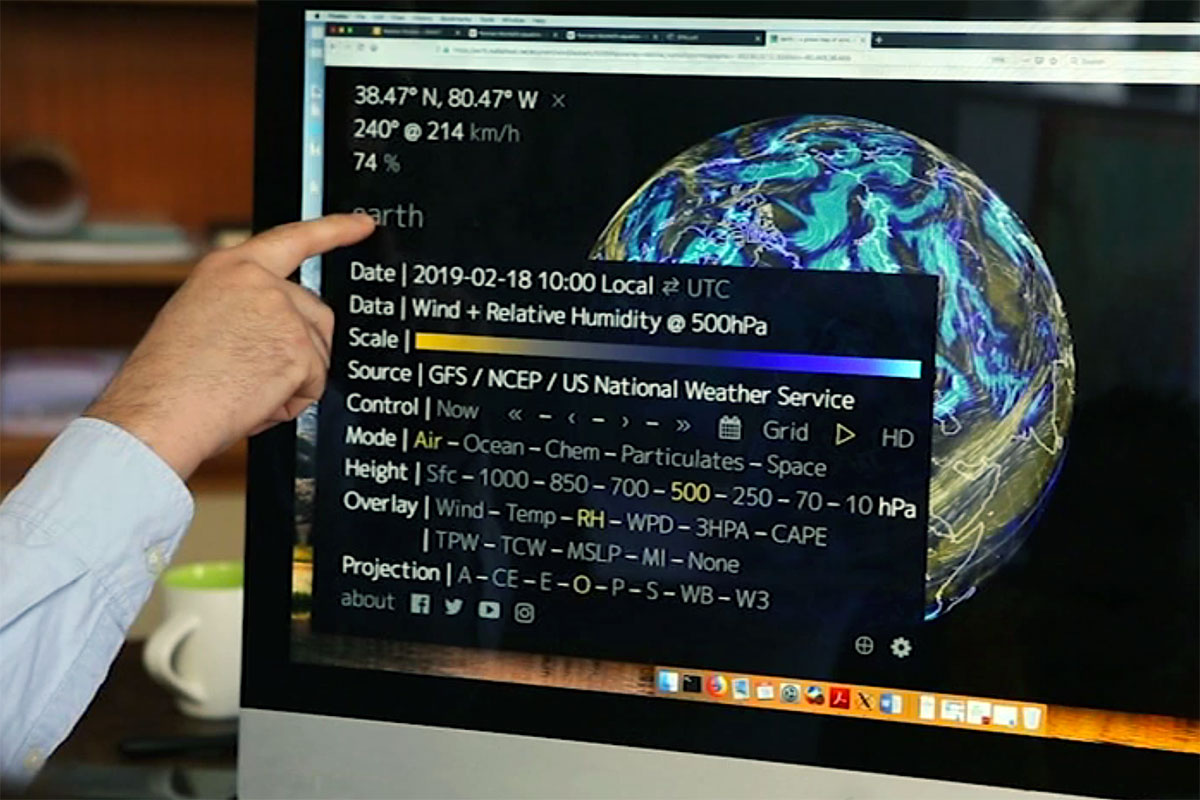
Dr Vladimir Đurđević talking about climate change
Abstract:
The Earth’s climate system has been undergoing unusual rapid transformation for decades. This transformation is primarily due to uncontrolled anthropogenic emissions of greenhouse gases, and on the first place emissions of carbon dioxide, that is product of fossil fuel combustion. Since the end of the nineteenth century, the mean global temperature has increased by 1 °C, causing a number of changes in other elements of the climate system. Severe heat-waves, extreme precipitation and flood events, prolonged droughts, melting glaciers ice caps, sea level rise, strong hurricanes, forest fires, and many other extreme events becoming more and more part of our lives, and all of them can be connected to the warming of 1°C.
All these changes already put pressure on the functioning of modern society, but also on natural systems on Earth. If in the future, anthropogenic emissions continue to follow trends from the past, we can also expect the continuation of these changes, and negative consequences will increase significantly, opening many questions about how the society will look like in the future, but also to what extent the living world will be able to adapt to these changes.
Over the past decades, climate models have become a core element of the climate science. Climate models allow us to better understand the changes in the system, but also to anticipate possible future changes. During the lectures, in addition to presenting the review of the climate change in the past, the results of possible future changes will be presented. Special focus of the second lecture will be on how to understand and interpret future climate projections obtained by climate models, and how these data can be used to assess the appropriate impact of possible changes on different infrastructure, socio-economic sectors and the living world. Understanding current and future impacts can help us during decision-making process that should provide increased resilience to these changes.
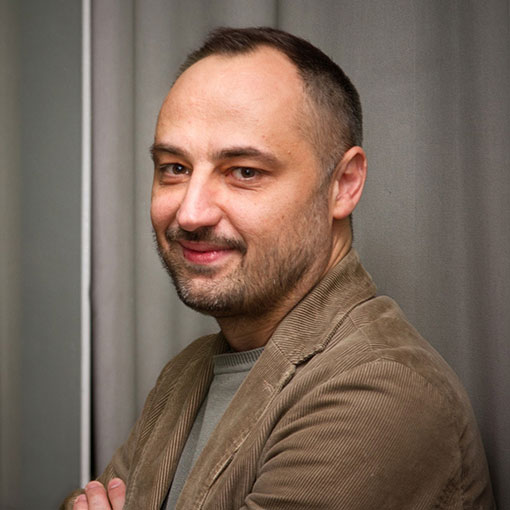
Bio
Dr Vladimir Đurđević is an associate professor of meteorology at the Faculty of Physics, University of Belgrade, Serbia. During his career, he was a visiting scientist at the “National Oceanic and Atmospheric Administration (NOAA)” in the United States; “Centro Euro-Mediterraneo sui Cambiamenti Climatic (CMCC)” in Italy; “Instituto Superior Tecnico (IST), Universidade de Lisboa” in Portugal; and “Mediterranean Center on Insular Coastal Dynamics (ICOD) of the University of Malta” in Malta. He has participated in many international research projects funded by the EU H2020, EU-FP, IPA, JRC, IOC-UNESCO and GEF. Dr Vladimir Djurdjevic participates in the international initiative “Mediterranean Coordinated Regional Climate Downscaling Experiment (Med-CORDEX)” and he is a member of the International Planing Committee for the “Iniative for Regional Hydroclimate Project for Pannonian reagion (PannEX)”.
Engaged as an expert and consultant, he was a coauthor of the National communications on climate change under the UNFCCC for Serbia, Bosnia and Herzegovina, Montenegro and Brazil. As a representative from the University of Belgrade, he is a member of the National Committee on Climate Change of the Government of the Republic of Serbia. He is also a member of the working group for the implementation of the activities of the Action Plan for Adaptation to Climate Change in Belgrade. His expertise is in the field of climate modeling, climate data analysis, climate impacts, vulnerability and adaptation to climate change. Beside his career in education and science he regularly participating in different public events dedicated to the problem of climate change.
Dr Vladimir Đurđević talking about climate change @ Kids TV Programme RTS
Related Stories:
Guest Lecture: “Unfolding Urban Heritage Conservation As Community-Led Local Development” – Dr. Elenа Battaglini
Guest Lecture: ”Wood Use For Health In The Built Environment” – dr Michael Burnard
Guest Lecture: The Europeanization of spatial planning: reasons, mechanisms and dynamics of change – Dr. Giancarlo Cotella
Guest Lecture: Architecture For The Pleasure Of Reason – Martino Pedrozzi
Guest Lecture: “Urban Sustainability – why it is important and how it can be achieved” – Dr. Jerry Anthony
Guest Lecture: “Urban Topography vs. House Scenery” – Tatsuo Iwaoka
Guest Lecture: On Process – Mitesh Dixit
Guest Lecture: Sustainable Urbanism and Globalisation – Prof. Ashraf M. Salama
Guest lecture: ARCHITECT 2049 – Dr. Miloš Dimčić
Guest Lectures: Prof. Alfredo Brillembourg “Urban-Think Tank: Housing the City” and Haris Piplaš “Reactivating Sarajevo’s (Dis)continuous urbanism”
Guest Lecture: about design engineering culture – Professor Hanif Kara
Guest lecture: “The Robotic Touch – How Robots Change Architecture” by Professor Fabio Gramazio
AUR 2014/15 City and Society: Yoshiharu Tsukamoto & Momoyo Kaijima [Atelier Bow-Wow]


